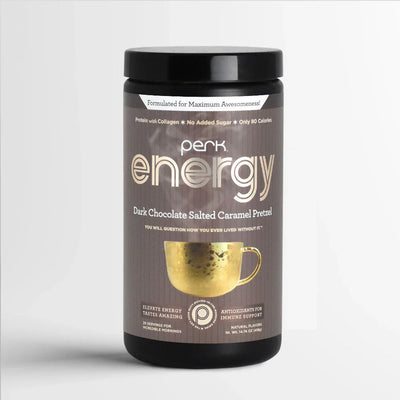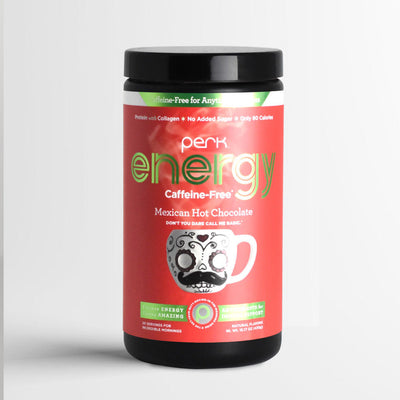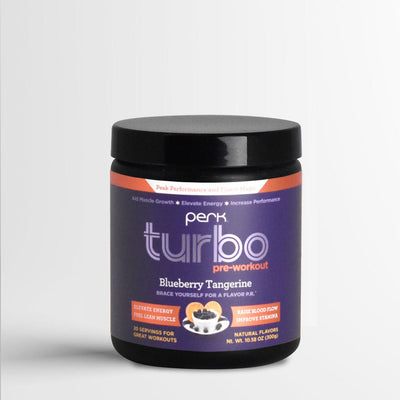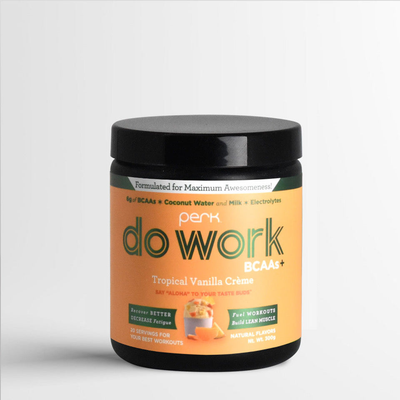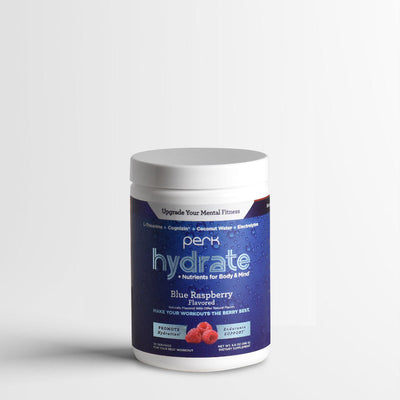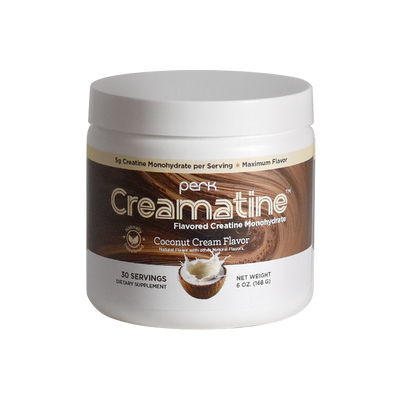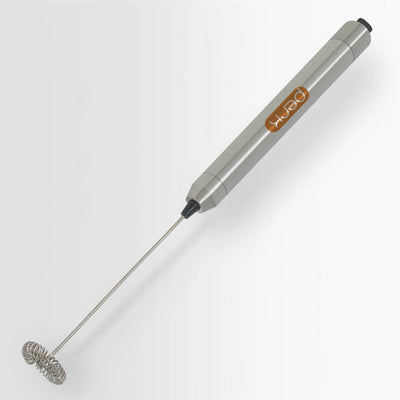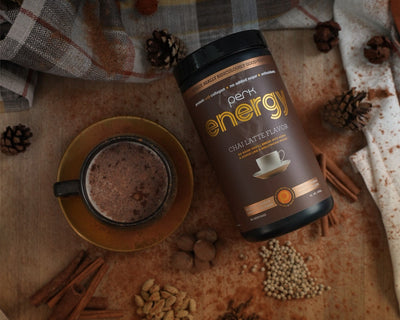Does this scan make me look fat?
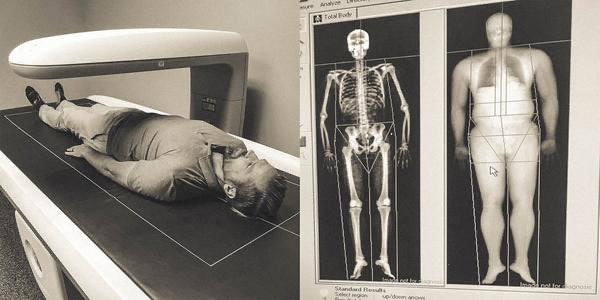

I LIKE TO THINK I’M BIG BONED.
I find it necessary to define my goals in some objective, measurable way. For body transformation, the scale is not always your best friend for feedback. What is the point of losing weight if it is comprised primarily of muscle? The BMI is a joke for anyone that does resistance training, classifying most normal athletes as "obese." Body fat percentage is a reasonable measure of the real impact of changes to the body. I once read that the only completely accurate way to measure body fat is to kill you and scape all your fat into a bowl an weigh it. That technique seems homicidal and a tad bit extreme.
So if there isn't a perfect way, what is the best realistic way to measure your body fat? All the methodologies have pros and cons, but I went with a DEXA (Dual-Energy X-ray Absorptiometry) scan, a technology that gives an accurate measurement with information that helps you know the health implications of how you store fat. The DEXA scan utilizes two low-dose x-ray beams with different levels of energy to produce a detailed image of body components.
I booked an appointment with Brandon of Dexabody in Halladay, Utah (bsheppard@dexabody.com) and showed up ready for the harsh news about my body composition. The process requires you to lie still for about 5 minutes (which is a little harder than is sounds). I had an MRI on my knee recently and found staying still quite difficult (I had to go to my happy place to keep from pushing the pager button that would stop the MRI scan). However, the openness of the scanner and the short time made the process much easier. Before you know it, I had the results.
The hard facts
The Dexabody scan provides a lot more information than body fat analysis. It discloses bone density and the weight of your skeletal muscle by area. You can learn the extent of your muscular imbalances. Since I had torn my meniscus and PCL about two months ago, I knew that my legs would be off, but I was shocked to discover the extent of the wasting. But all this info was a precursor to the real reason I got the scan — to determine my body fat percentage.
"If I fall out of a boat, I'll definitely float to the surface."
My coach, @motivationmindy asked how the scan went and I replied, "If I fall out of a boat, I'll definitely float to the surface." The number was as high as I could have imagined. I learned that my body fat was 26% at a body weight of 191 pounds (I did have exceptionally heavy pants on. The most compelling piece of data was the fact that I had 31.9% midsection fat, which is correlated with higher rates of disease including type 2 diabetes. My primary objective will be to improve this number so that it's percentage is no higher than my overall body fat percentage. And I need to get my over overall numbers considerably lower. I will outline the play that Mindy and I have implemented next week.
Good luck to everyone trying to improve their fitness and health,

